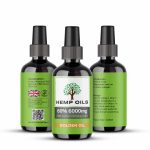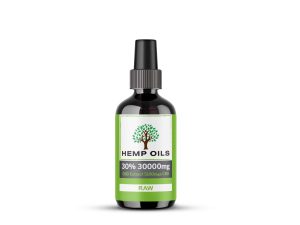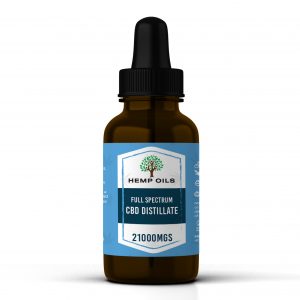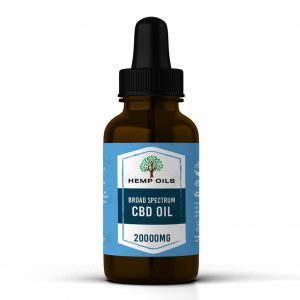Hemp oil, derived from the cannabis plant, has gained popularity in recent years due to its potential health benefits. However, many individuals are concerned about how long hemp oil stays in their blood system. Understanding the duration of hemp oil in the bloodstream is crucial for various reasons, such as drug testing and determining its therapeutic effects. In this article, we will explore the factors affecting the duration of hemp oil in the blood, the testing methods used to detect its presence, and the implications of finding hemp oil in blood samples.
How Long Does Hemp Oil Stay in Your Blood System?
The duration of hemp oil in the bloodstream can vary depending on several factors. On average, hemp oil can be detected in the blood for up to one to two days. However, this timeframe can be influenced by factors such as the dosage and frequency of use, individual metabolism, body weight, and the method of consumption. It is important to note that these are general estimates, and the actual duration may differ from person to person.
Factors Affecting the Duration of Hemp Oil in Blood
Several factors can affect how long hemp oil remains in the blood system. One crucial factor is the dosage and frequency of use. Higher doses and frequent use can result in the presence of hemp oil for a more extended period. Additionally, individual metabolism plays a role, as those with faster metabolisms may eliminate hemp oil from their system more quickly. Body weight is another factor, as individuals with higher body weight may retain hemp oil in their bloodstream for a longer time.
Testing Methods for Detecting Hemp Oil in Blood
Various testing methods are used to detect the presence of hemp oil in the blood. The most common method is a blood test, which can accurately determine the concentration of hemp oil components, such as cannabinoids, in the bloodstream. This test is commonly used in drug screenings and can provide a reliable indication of recent hemp oil use. It is important to note that hemp oil can also be detected in urine and hair samples, but blood tests are generally considered more accurate for determining recent usage.
Implications of Hemp Oil Presence in Blood Samples
The presence of hemp oil in blood samples can have significant implications, especially in situations where drug testing is required. While hemp oil is generally legal and well-tolerated, it may contain trace amounts of THC (tetrahydrocannabinol), the psychoactive component of cannabis. In some cases, the presence of THC in blood samples may lead to legal consequences or restrictions, particularly in occupations that prohibit the use of psychoactive substances. Therefore, individuals consuming hemp oil should be aware of the potential implications and consider the regulations in their jurisdiction.
Understanding the duration of hemp oil in the blood system is crucial for those who regularly use this natural remedy. Factors such as dosage, frequency of use, metabolism, and body weight can influence how long hemp oil remains detectable in the bloodstream. Various testing methods, including blood tests, are used to determine the presence of hemp oil components in the blood. It is important to be aware of the potential implications of hemp oil in blood samples, particularly in situations where drug testing is required. As always, it is advisable to consult with a healthcare professional for personalized advice regarding the use of hemp oil and its potential effects on the body.




